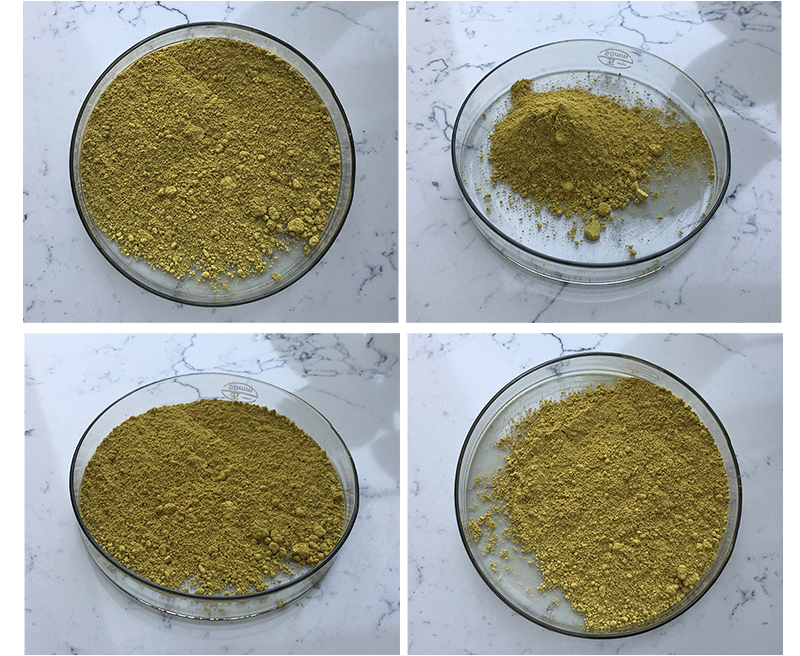Fisetin is a natural flavonoid found in various fruits and vegetables, known for its potential health benefits due to its antioxidant and anti-inflammatory properties. It has been studied for its potential to support brain health, reduce oxidative stress, and potentially extend lifespan. However, it’s important to note that research on fisetin is ongoing, and while there are promising findings, more conclusive evidence is needed to establish its exact benefits and optimal usage.

If you’re considering using fisetin as a dietary supplement, here are some general guidelines:
Consult a Healthcare Professional: Before starting any new supplement regimen, especially if you have any pre-existing health conditions or are taking medications, it’s important to consult with a healthcare professional. They can provide personalized advice based on your individual health profile.
Dosage: The optimal dosage of fisetin hasn’t been firmly established. Research studies have used a wide range of doses, typically ranging from around 100 mg to 1,000 mg per day. However, it’s recommended to start with a lower dose and gradually increase if needed, under the guidance of a healthcare provider.
Source and Quality: Choose a reputable brand that offers high-quality fisetin supplements. Look for third-party testing and quality certifications to ensure the product’s purity and potency.
Timing: Fisetin can be taken with or without food. You can experiment with taking it at different times of the day to see what works best for you. Some people prefer taking supplements in the morning, while others find it more convenient to take them in the evening.
Stacking: Some individuals combine fisetin with other supplements or compounds that have potential synergistic effects. For example, fisetin might be combined with other antioxidants, like resveratrol or quercetin, to enhance their benefits. However, always consult with a healthcare professional before combining supplements.
Consistency: Consistency is key when taking dietary supplements. If you decide to include fisetin in your routine, try to take it consistently as directed.
Monitor for Side Effects: While fisetin is generally considered safe, some individuals may experience side effects such as stomach upset or allergic reactions. If you experience any adverse effects, discontinue use and consult a healthcare professional.
Lifestyle Factors: Supplements are not a substitute for a healthy lifestyle. Eating a balanced diet rich in fruits and vegetables, exercising regularly, getting enough sleep, and managing stress are all important factors for overall health and well-being.
Research: Stay informed about the latest research on fisetin. As new studies emerge, our understanding of its benefits and best practices for usage may evolve.
Remember that individual responses to supplements can vary, and what works for one person might not work the same way for another. It’s important to approach supplementation with a cautious and informed mindset. Always prioritize your overall health and well-being, and consider working with a healthcare professional to make the best decisions for your individual needs.
